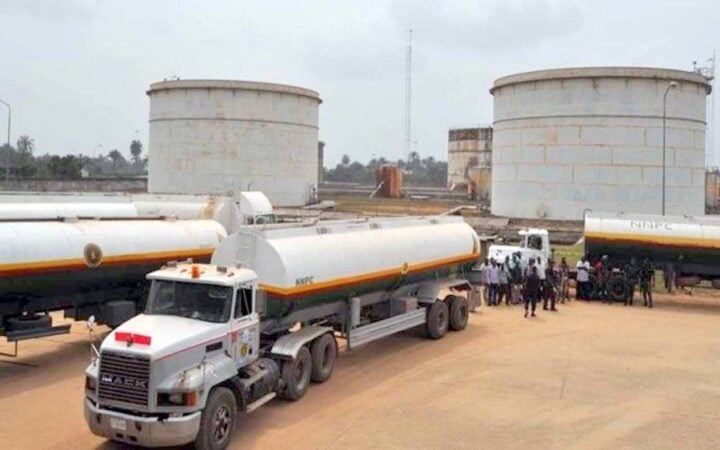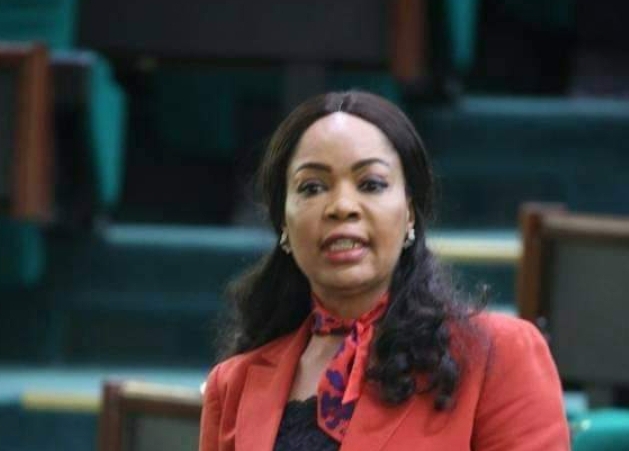The Major Oil Marketers Association of Nigeria (MOMAN) says the prolonged petrol subsidy is making institutions less capable of addressing the current energy crisis.
MOMAN said this on Monday during an online workshop for energy reporters.
The workshop centred on the need for the deregulation of petrol pricing and the discontinuation of subsidy to encourage investments and competition in the downstream petroleum subsector.
In the statement jointly signed by Olumide Adeosun, chairman of MOMAN and Clement Isong, executive secretary, the oil marketers noted that a disruption in any part of the supply chain causes ripple effects and results in queues at filling stations as experienced across the country.
Advertisement
They called for the commencement of the process of price deregulation.
“Having subsidised PMS for so long, Nigerian institutions now have a diminished capacity to deal with the current local energy crisis. A disruption in any part of the supply chain causes ripple effects and results in queues at stations,” the statement reads.
“As a country, we must begin the process of price deregulation to reduce this inefficient subsidy. If the country wishes to implement a subsidy, it must be in areas targeted to help those it should help such as in agriculture and transportation to reduce food price inflation and generate more jobs for Nigerians.
Advertisement
“In tandem, we must find a way to liberalise supply. We must bring transparency and competition into supply to ensure steadier, more efficient supply at optimum prices. Imported products must compete with locally refined products to find a meeting point between the need for local refining and competitively low but cost-recovered prices for Nigerians for sustainability.”
The statement added that government and stakeholders need to start a dialogue with Nigerians to identify, negotiate and agree on these areas and start implementing to save the downstream industry.
The oil marketers added that the downstream industry had been in “degradation freefall due to a lack of investment to maintain, renew and grow assets and facilities such as refineries, pipelines, depots, trucks, and modern filling stations”.
“These lack of investments contribute in no small measure to fuel distribution inefficiencies and high costs. Neither the new refineries nor the refurbished refineries will survive with the refining margins at current pump prices,” it said.
Advertisement
MOMAN further said crude oil exploration, production, refining and distribution of refined products are all international businesses with ups and downs.
The association said the Nigerian government and industry must apply proven and recognised health, safety, environmental and quality standards to visibly care for the local population.
It warned that cutting corners is irresponsible, unaccountable and unsustainable.
“MOMAN continues to work with other key stakeholders to ensure that we ramp up supplies to our retail sites and return to normalcy as soon as possible. We envisage a rise in demand during the yuletide season and are prepared to work round the clock to keep our stations running,” the group said.
Advertisement
“As always, MOMAN advocates a full deregulation of the petroleum downstream sector in phases to cushion the effects of the impact of a sharp rise in PMS prices on the long-suffering, hardworking citizens of Nigeria.”
Advertisement
Add a comment






